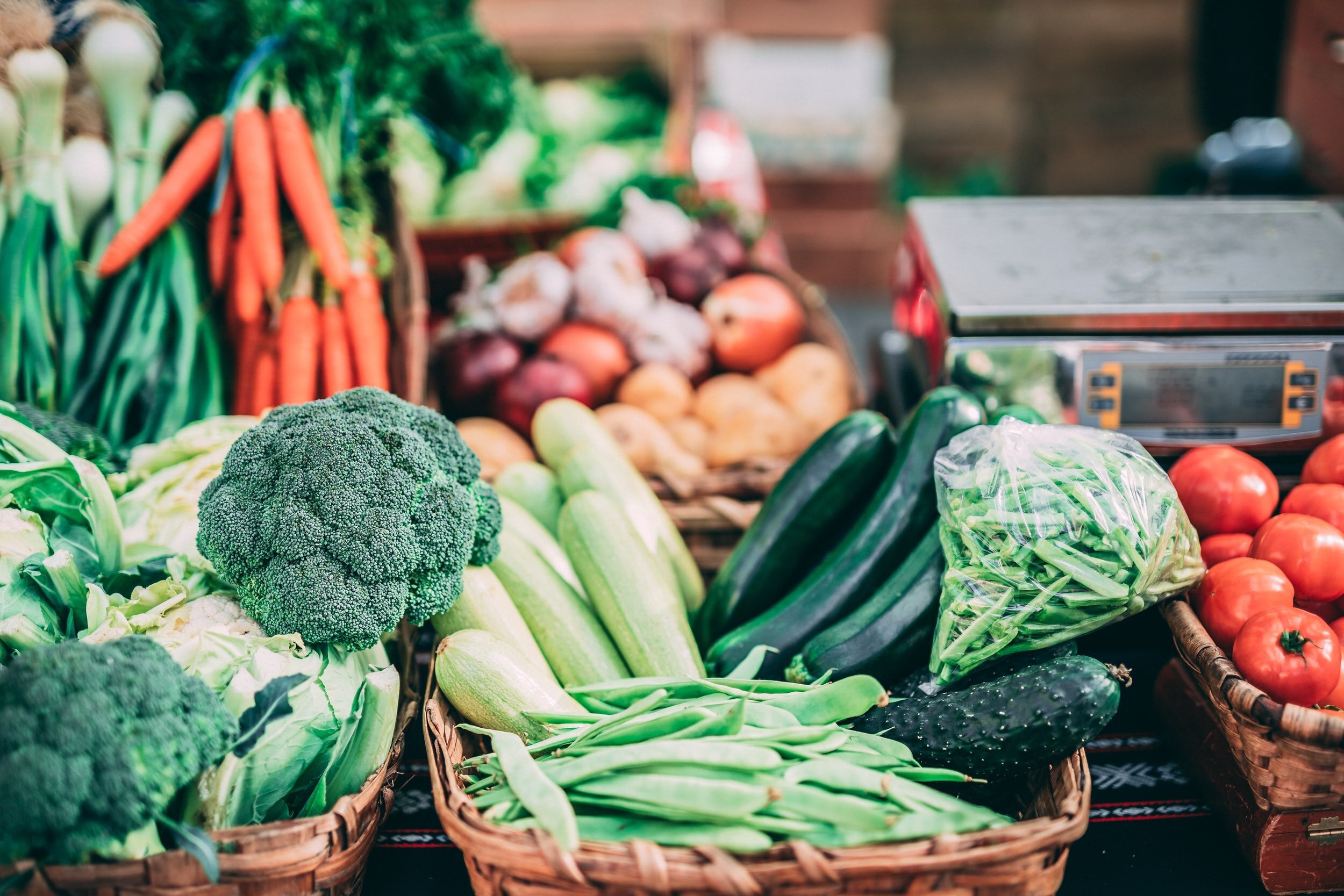Food for Thought: Why you shouldn't throw your food into the trash
If food waste was a country, it would be the third largest emitter in the world. why is that the case and what can we do about it?
By Hung Van Phan
When you throw an overripe banana or a piece of meat stored for too long into the trash, it may seem like a small, meaningless act, but it contributes to a much larger problem - food ending up in landfills. You may think that it’s only a small amount of food and that you’re not wasting it on purpose, so what’s all the fuss about? However, every time there is food dumped into the trash bin, it becomes part of the trash and will end up in a landfill.
Why this is a significant problem is attributed to how a landfill works. Landfills lack oxygen, causing organic matter to decay slower and release methane gas instead of carbon dioxide. Methane gas is a greenhouse gas (GHG) just like carbon dioxide and nitrous oxide. The heating ability of each gas is represented by the Global Warming Potential (GWP). On this scale, carbon dioxide has a GWP of 1 whereas methane has a value between 26 and 36 for a period of 100 years. That is, methane gas has a much greater heating effect than carbon dioxide. Therefore, reducing the amount of methane gas will certainly help with global warming in general.
Apart from the direct effect of releasing methane, wasting food means that we’re wasting energy and resources in growing the food itself. A lot of food items including grains and meat are raised on deforested lands and are energy and resource intensive. It’s not common to hear or see articles on how the agricultural industry worldwide is one of the major contributors to GHGs. Therefore, reducing food waste, and buying less overall, is one of the best ways in which we can reduce food waste-related GHGs.
Check out the Action Guide on Food Waste to learn more!
Aside from reducing food waste in the first place, composting food is a great alternative to throwing it in the trash. Composting food waste prevents methane production, as it minimizes the amount of anaerobic decay. This ensures that the nutrients are returned to the soil and do not end up in a landfill, as well as reducing methane production. Composting can be scaled, from individual households to industrial settings, and can be accessible with the right infrastructure.
For each of us, whether we live in an apartment or a house, our small individual efforts will result in a considerable change for the whole city.


















